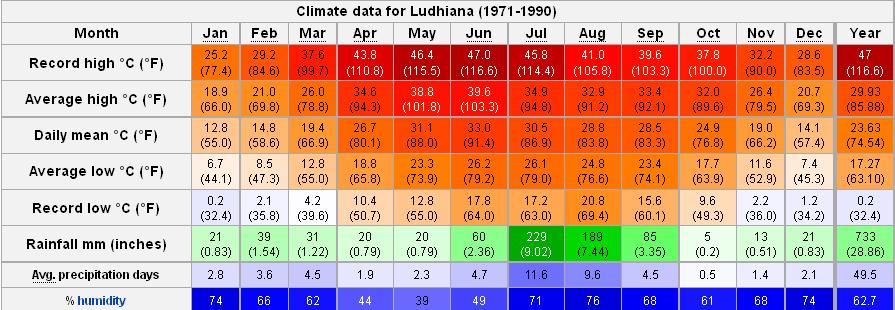
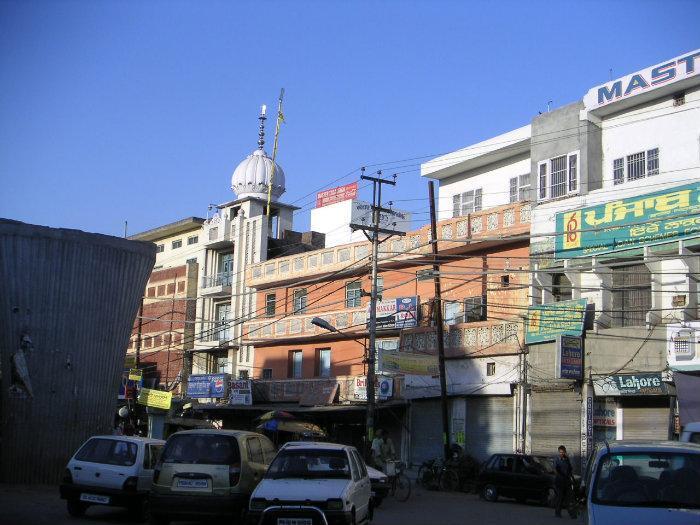
Ludhiana is located at 30.9°N 75.85°E.It has an average elevation of 244 metres (798 ft). Ludhiana City, to its
residents, consists of the Old City and the New City (or the residential and official quarters of the colonial British
encampment, traditionally known as Civil Lines; this is as opposed to the Army Lines, which are no longer extant as the
British Cantonment was abandoned in 1845).
Ludhiana features a humid subtropical climate under the Köppen climate classification, with three defined seasons;
summer, monsoon and winter. Ludhiana on average sees roughly 730 millimetres (29 inch) of precipitation annually.
Ludhiana is a city and a municipal corporation in Ludhiana district in the Indian state of Punjab, and India's largest
city north of Delhi, with an area of 310sq. km and an estimated population of 1,618,879 as of the 2011 census.The
population increases substantially during the harvesting season due to the migration of labourers from highly populated
states like Uttar Pradesh, Bihar, West Bengal and Odisha. The city stands on the Sutlej River's old bank, 13 kilometres
(8.1 miles) south of its present course. It is an industrial centre of northern India; the BBC has called it India's
Manchester.
Ludhiana is 107 kilometres (66 miles) west of the state capital, Chandigarh, on NH 95, and is centrally located on National
Highway 44, which runs from New Delhi to Amritsar. It is 315 km (194 miles) north of Delhi and 142 km (88 miles) southeast
of Amritsar.
Geography
The tree of largest natural extraction was the kikar, or Acacia indica, but has been supplanted by the eucalyptus,
transplanted from rural Australia in the late 1950s by the government of Chief Minister Pratap Singh Kairon.
Gulmohars and jacarandas were planted by the British along the avenues of Civil Lines, as were other flowering trees,
while the Old City contains almost no vegetation or parks, except for a few isolated pipal trees, holy to the Hindus, as
it is supposed to be the abode of Lord Shiva.
Climate
Ludhiana has one of the worst air pollution problems in India, with particulate matter being over six times the World
Health Organization recommended standard, making it the 13th most polluted city in the world.Industrial water
pollution is also of significant concern in portions of Ludhiana, notably along the Budha Dariya.

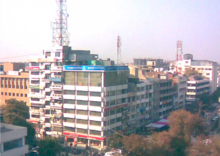
The World Bank ranked Ludhiana as the city in India with the best business environment in 2009 and 2013.
Ludhiana is well connected by road and rail as Ludhiana railway station is on the main Delhi-Amritsar route and is an
important railway junction with lines going to Jalandhar, Ferozepur, Dhuri and Delhi. The city is very well connected
with daily or weekly trains to most places in India including the major cities of Jammu, Amritsar, Jalandhar, Patiala,
Pathankot, Kanpur, Jaipur, Chandigarh, Ambala, Panipat, Delhi, Mumbai and Kolkata. For administrative reasons the station
is under Ferozepur Railway Division. The railway line between Ludhiana and Chandigarh opened in 2013. The government has
even passed a dedicated freight track between Ludhiana and Kolkata.
Ludhiana is connected with other cities of Punjab and also with other states by bus service. Major national highways
NH 44, NH 5 (old NH1, NH95) and state highway SH 11 connect to the city.The transportation services are provided
by the state owned Punjab Roadways and private bus operators.
Ludhiana is served by the city based Sahnewal Airport, also known as Ludhiana Airport. It is
located near the town of Sahnewal, 5 km (3.1 miles) southeast of Ludhiana on the Grand Trunk Road. The airport is spread
over more than 130 acres. The current airport arrival/departure halls can accommodate 40 passengers.The baggage
delivery is done manually. Air India Regional ATR flight service is four times a week. Deccan Air will be starting another
flight to Delhi, Shimla and Kullu in May 2018.
Ludhiana Junction railway station is well connected to other metro cities. 12037/New Delhi - Ludhiana Shatabdi Express is
an important train that starts here.
This project has been scrapped by the government because lack of funds.
Situated 10 Km from Ludhiana, the gurudwara commemorates the place where the Muslim devotees Nabi Khan and Ghani
Khan had carried Guru Gobind Singh to safety during the battle. Guru Gobind Singh (1666-1708), the last of the Sikh
Gurus, transformed the pacifist Sikh sect into a martial community. He introduced rites of initiation into well-organised
Sikh army known as the 'Khalsa'. There is a tank where it is believed that the Guruji had shot an arrow into the parched
earth to pierce a sub-terrain stream of water. A fair is held there in every December.
The fort to the north-west of Ludhiana includes the shrine of Pir-I-Dastgir, also known as Abdul Kadir Galani which
draws both Hindu and Muslim pilgrims.
The fort was designed by Dewan Mohkam Chand, the brave general of Maharaja Ranjit Singh. It is police training center
now.
The world famous Punjab Agriculture University founded in 1962 is situated on the outskirts of the city. It is patterned
after the Land Grant College of America. The Museum of Rural history of Punjab is on the University campus. The museum
building resemble the traditional houses of rural Punjab. A 100 yard long path, flanked on both sides by water channels,
leads to the finely carved doors of the museum. There are exhibits of old bronze utensils, farming equipment etc.
Mosque of Kamal-ud-din Khan/Sarai Doraha on the main highway, dates back to Emperor Jahangir's time. Rectangular in shape
it has rooms and varandahs on all sides. Two great double storied gates are profusely decorated with coloured tiles and
intricate brick carvings.
Mausoleum of Alawal Khan built during Shah Jehan's reign is octagonal in shape, surmounted by double pear shaped dome.
The tomb of Bahadur Khan has sloping walls.Tomb of Husain Khan is 2 storied tomb.
This Gurudwara situated in village Machhiwara, 35 km from Ludhiana, commemorates the place where Sri Guru Gobind Singh
had rested while fighting a guerrilla war against a massive Mughal force.
It is located 38 km from Ludhiana, a remarkable memorial of the Sikh Saint, Baba Nand Singh Kaleranwale. A five days
fair is held here in his memory in August every year.
The riches are brought mostly by small-scale industrial units,[12] which produce industrial goods, machine parts, auto
parts, household appliances, hosiery, apparel, and garments. Ludhiana is Asia's largest hub for bicycle manufacturing and
produces more than 50% of India's bicycle consumption of more than 10 million each year. Ludhiana produces 60% of India's
tractor parts and a large portion of auto and two-wheeler parts. Many parts used in German cars are Mercedes and BMW
exclusively produced in Ludhiana to satisfy the world requirement. It is one of the largest manufacturer of domestic
sewing machines. Hand tools and industrial equipment are other specialties. The apparel industry of Ludhiana is famous
all over India for its woollen sweaters and cotton T-shirts; most of the top Indian woollen apparel brands are based in
Ludhiana. Ludhiana also has a growing IT sector with multiple software services and product companies having development
centers in the city.
Ludhiana is also home to the Ludhiana Stock Exchange Association. LSC is situated on NH95(Chandigarh-Ferozepur Highway)
in Feroze Gandhi market near Mini Secretariat Ludhiana. Stock trading is one the main course of action of LSC.
Transportation
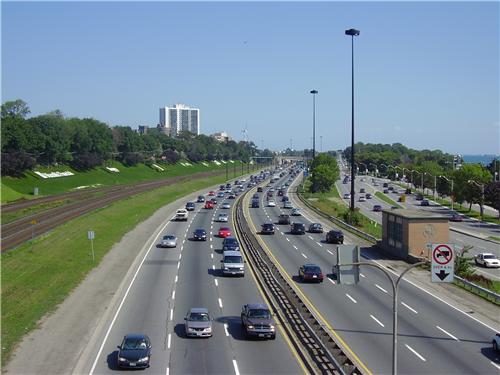
Road
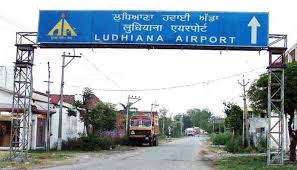
Airport
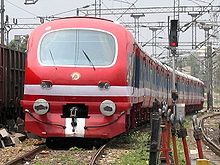
Railway
Ludhiana Metro
The government has signed a Memorandum of Understanding with Delhi for construction of a Ludhiana Metro. This light
transit system will serve about 25 years to Ludhiana. There will be two corridors in Ludhiana Metro. These two corridors
of metro will give relief to many roads to some extent.
Tourists Places in Ludhiana
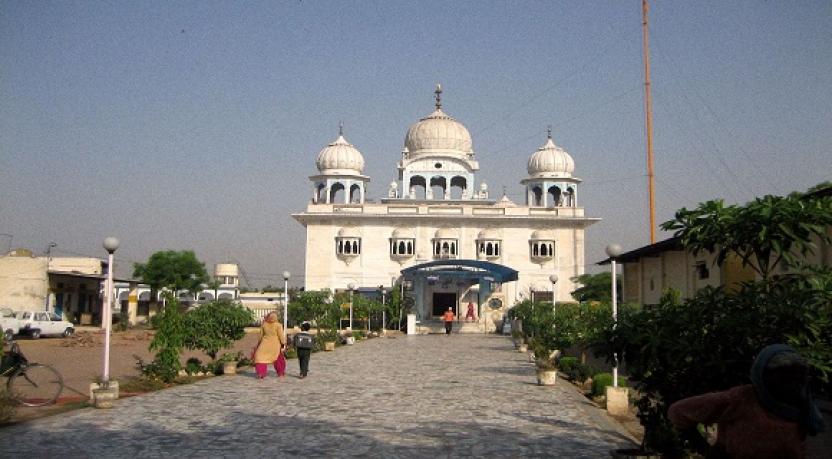
Gurudwara Shrimanji Sahib Alamgir
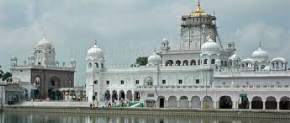
Pir-I-Dastgir Shrine
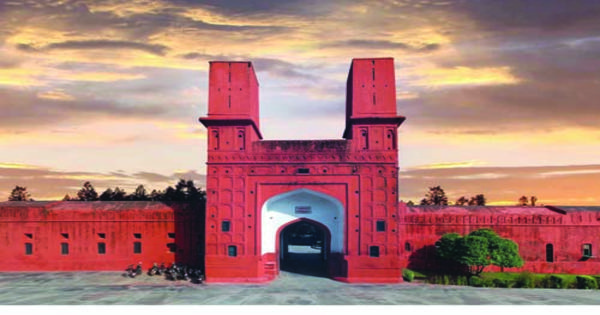
Phillaur Fort
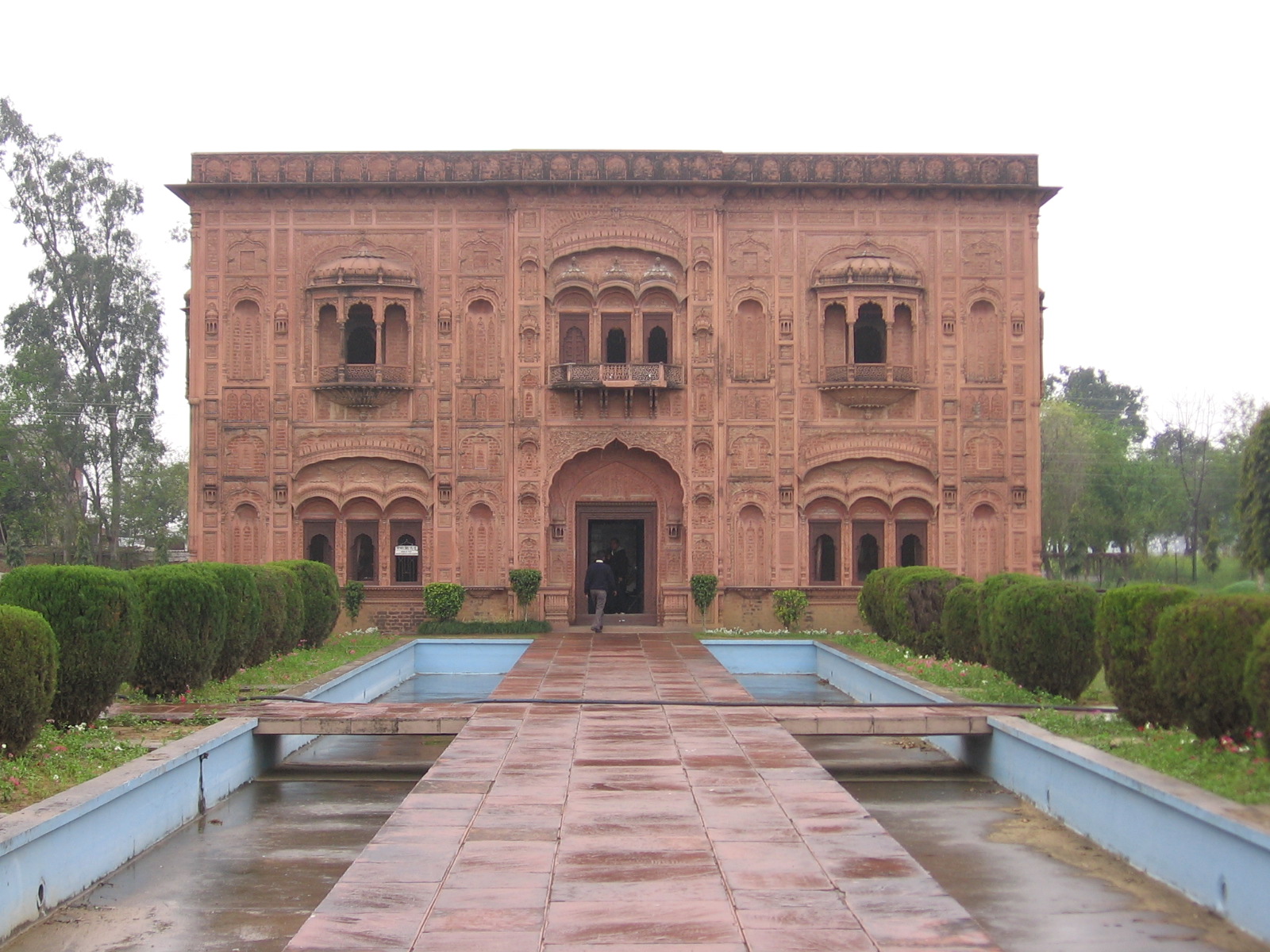
Punjab Agriculture University Museum
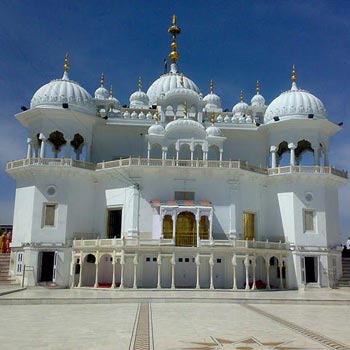 Bilwanwali Masjid
Bilwanwali Masjid
Famous Tombs
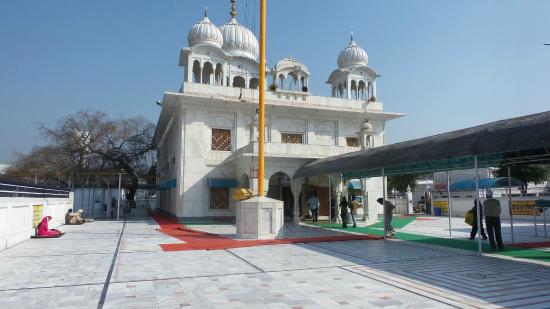
Gurudwara Charan Kamal
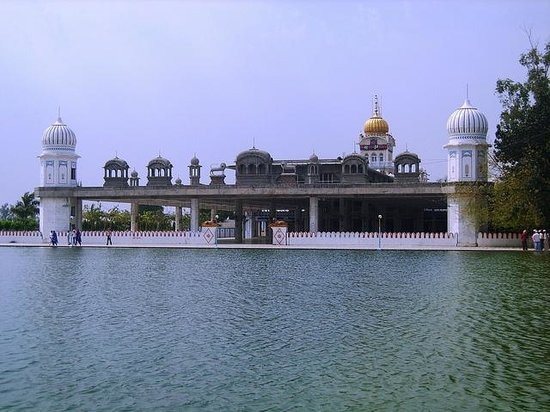
Gurudwara Nanaksar Jagraon